The tax reform establishes tax exemption on medicines and benefits 383 active ingredients. The federal government delivered the regulatory project to the National Congress this Wednesday (24th), through Finance Minister Fernando Haddad.
The list of zero-tax medicines also includes vaccines against diseases such as Covid-19, dengue fever and yellow fever. The list even includes sildenafil citrate, the active ingredient in Viagra. Despite being more associated with erectile dysfunction problems, the medication gained this condition by representing an alternative for patients with pulmonary hypertension.
The exemption also extends to specialty medicines used to combat cancer and HIV, in addition to medicines intended for menstrual health. Another 850 medicines will have a 60% reduction in the rate, such as dipyrone, rivaroxaban, tadalafil and botulinum toxin.
The text of the tax reform proposed by the government is available in full through this link.
Tax on medicines among the highest in the world
The expectation of the pharmaceutical market is that the tax reform will alleviate the chronic problem of taxes on medicines in Brazil. On average, the tax burden on these products in Brazil reaches 31.3%, a percentage five times higher than the global average of 6%, according to a survey by Sindusfarma.
Under the new tax reform model, IPI, PIS and Cofins become a single federal tax, called Contribution on Goods and Services (CBS). State and municipal taxes – ICMS and ISS – will be unified into the Goods and Services Tax (IBS).
According to PwC, the change would already reduce the tax burden on medicines. The incidence of IBS, for example, would cause the average tax to fall from 31.3% to 26.9%, according to the consultancy.
How would tax reform work in the pharmaceutical chain?
Companies will be able to deduct all taxes paid at each stage of production, which puts an end to the complex cumulative tax. An analysis by consultant Jiovanni Coelho helps explain what the new mechanics will be like in all phases involving the medicine, simulating a 25% tax rate.
Industry
The pharmaceutical companies will sell the medicine for R$100 to the distributors, resulting in a debt of R$25 relating to the tax to be paid.
Wholesale
The distributors will resell the product to pharmaceutical retailers for R$150. With the 25% rate, the tax value is R$37.50. But the wholesaler discounts the R$25 paid by the industry and will only collect the difference – R$12.50 in tax.
Retail
The pharmacy sells the medicine for R$ 200. With the 25% rate, the tax value is R$ 50. The retailer deducts the R$ 25 paid by the industry and the R$ 12.50 paid by the distributor, collecting R$ 17.50.
Consumer
The consumer will bear exactly the sum of the tax charged throughout the entire process, which is equivalent to R$50. The final price of the product would be R$250.







